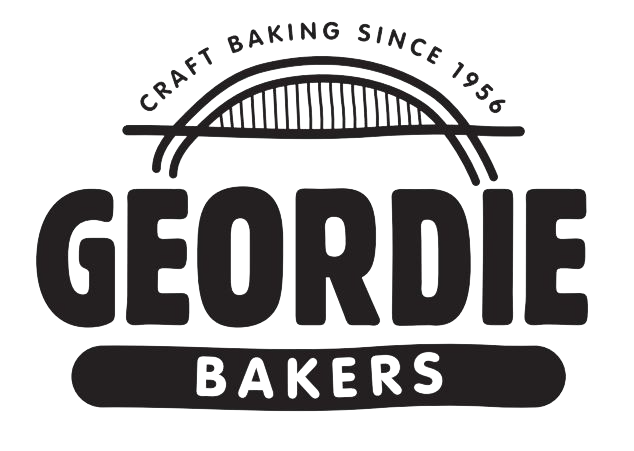Safeguarding Consumers: The Critical Role of Accurate Food Labeling in Retail
In the world of retail, where consumer trust and safety are paramount, proper food labeling emerges as a vital cornerstone. Beyond just being a legal requirement, accurate food labeling plays an integral role in ensuring the well-being of consumers and upholding the reputation of brands. In this blog post, we delve into the significance of correct food labeling for ensuring food safety in the retail industry.
1. Transparency Builds Trust:
Accurate food labeling is more than just listing ingredients; it's about being transparent with consumers. When shoppers know exactly what's in the products they purchase, trust is built between them and the brand. Transparent labeling not only keeps customers informed about potential allergens or dietary preferences but also showcases a commitment to their well-being.
2. Allergen Awareness:
In an era where food allergies are a growing concern, precise labeling becomes a lifeline for individuals with specific dietary requirements. Incorrect or vague labeling can have dire consequences, leading to allergic reactions or health issues. By accurately indicating allergens, retailers empower consumers to make informed choices that align with their health needs.
3. Preventing Cross-Contamination:
Proper labeling doesn't stop at listing ingredients—it extends to highlighting potential cross-contamination risks. This is particularly crucial for consumers with severe allergies. Clear labels that indicate whether a product was processed in a facility that handles allergens help individuals avoid products that might pose a risk to their health.
4. Nutritional Information:
In today's health-conscious landscape, consumers are more attentive than ever to their dietary intake. Accurate nutritional information allows shoppers to gauge the nutritional value of products and make decisions that align with their dietary goals. From calorie counts to vitamin content, proper labeling helps individuals make informed choices about their nutritional intake.
5. Legal Compliance:
Correct food labeling isn't just a suggestion—it's a legal requirement. Retailers that fail to adhere to labeling regulations risk legal repercussions, fines, and damage to their reputation. By ensuring accurate labeling, retailers not only avoid legal pitfalls but also demonstrate a commitment to operating ethically and responsibly.
6. Brand Reputation:
In the world of retail, a brand's reputation can make or break its success. Incorrect or misleading labeling can lead to recalls, negative reviews, and loss of consumer trust. On the other hand, retailers that prioritize accurate food labeling showcase their commitment to consumer safety and quality, enhancing their brand's reputation.
7. Consumer Empowerment:
Accurate labeling empowers consumers to make choices that align with their values, health concerns, and preferences. When individuals can easily identify products that meet their criteria, they feel empowered in their purchasing decisions. This empowerment enhances the shopping experience and encourages repeat business.
Conclusion:
In the retail industry, accurate food labeling is a non-negotiable element that safeguards consumer health, builds trust, and preserves brand integrity. By adhering to labeling regulations, retailers demonstrate their commitment to consumer safety, transparency, and ethical practices. The next time you walk down the grocery aisle, remember that behind every label lies a wealth of information that empowers you to make choices that nourish your well-being.
